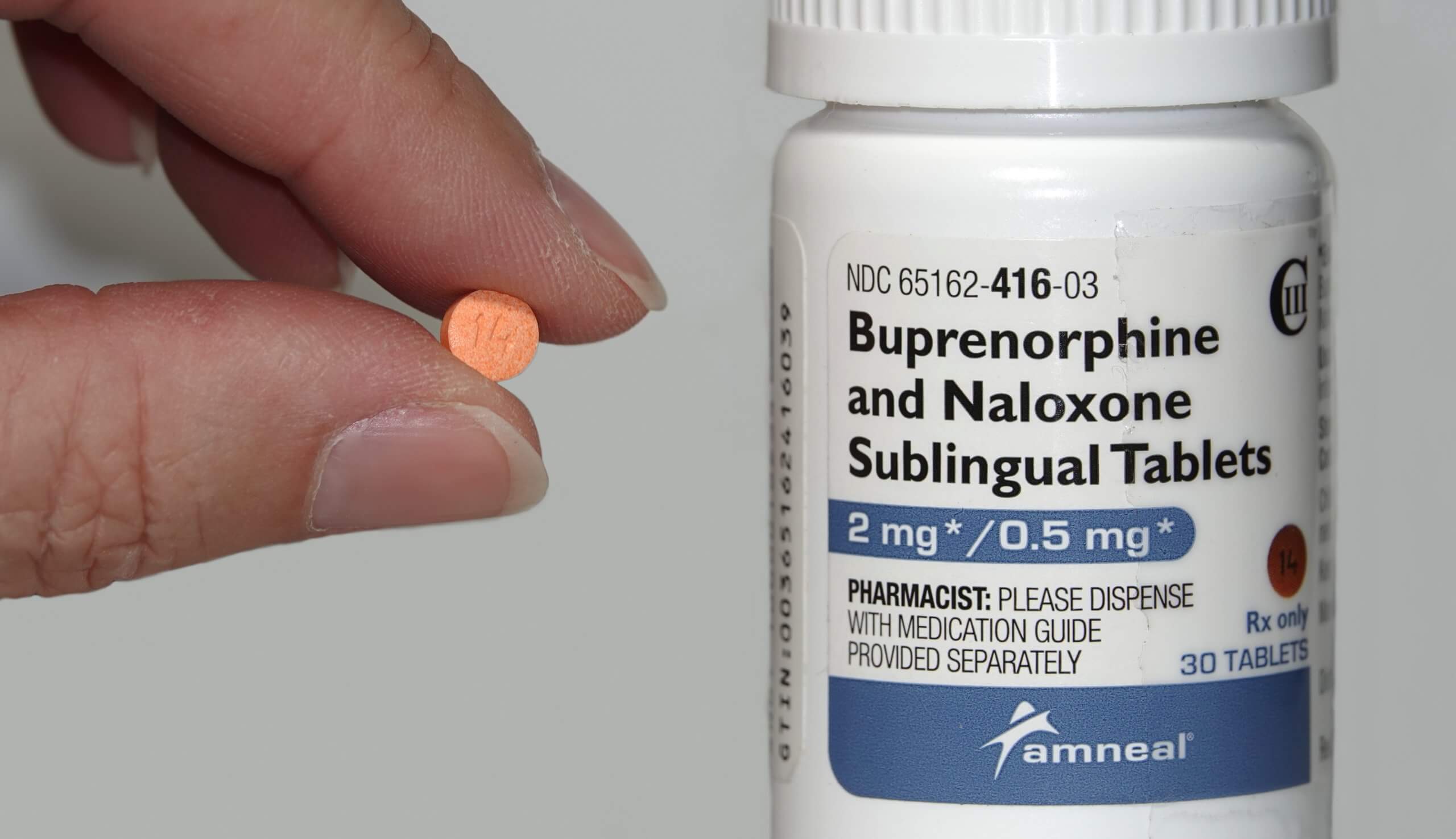Suboxone is a medication that is used to treat opioid addiction. It may seem counterintuitive that a medication designed to help manage opioid addiction could be a stimulant, but it is important to understand how this medication works. Suboxone is a combination of buprenorphine and naloxone, two drugs that work together to reduce cravings and help the user to avoid the dangerous side effects of opioid use. In recent years, there have been questions raised about whether Suboxone is a stimulant, and if so, what are the implications for those taking the medication?
In this article, we will explore the scientific evidence behind Suboxone and answer the question of whether or not it is a stimulant. We will discuss how the medication works, the potential side effects of taking Suboxone, and the implications for those who are taking the medication. Finally, we will look at what experts have to say about the use of Suboxone as a stimulant. By the end of the article, readers will have a better understanding of Suboxone and the potential risks and benefits associated with its use.
No, Suboxone is not a Stimulant. Suboxone is a medication prescribed to treat opioid addiction, and it is not a stimulant. It is a combination of two drugs – buprenorphine and naloxone – both of which are opioid receptor antagonists. Buprenorphine helps to reduce opioid cravings and withdrawal symptoms, while naloxone helps to prevent misuse of the drug. Suboxone is an effective treatment for opioid addiction, and can help people to manage their dependence and live a healthier life.

Contents
What Is Suboxone?
Suboxone is a prescription medication used to treat opioid use disorder. It is a combination of two medications, buprenorphine and naloxone, which work in different ways to reduce cravings and withdrawal symptoms. Suboxone is available in film, tablet, and sublingual tablet form and is used in opioid replacement therapy and maintenance treatment.
Is Suboxone a Stimulant?
What Is a Stimulant?
A stimulant is a type of drug that stimulates the central nervous system, resulting in increased alertness, physical energy, and elevated mood. Stimulants can be legal, such as caffeine and nicotine, or illegal, such as cocaine and methamphetamine. Stimulant use can lead to addiction, overdose, and even death.
Does Suboxone Act as a Stimulant?
No, Suboxone is not a stimulant. Suboxone is an opioid replacement medication, meaning it replaces opioids in the body and helps reduce cravings and withdrawal symptoms associated with opioid use disorder. Suboxone does not act as a stimulant, but it does act as an opioid agonist, which means it binds to opioid receptors in the brain and mimics the effects of opioids. Suboxone does not produce a “high” like other opioids, but it does help reduce withdrawal symptoms.
Can Suboxone Be Abused?
Yes, Suboxone can be abused. Suboxone can be sold on the street and abused for its opioid effects. It is important to note that Suboxone is not a safer alternative to other opioids, and misuse or abuse can lead to addiction, overdose, and death. It is important to take Suboxone as prescribed by a healthcare provider and to be aware of the potential risks associated with its misuse.
Frequently Asked Questions – Is Suboxone a Stimulant?
Suboxone is a medication used in the treatment of opioid dependence. It contains the active ingredients buprenorphine and naloxone, which are both drugs used to reduce the effects of opioid withdrawal. While Suboxone is not a stimulant, it does work to reduce cravings for opioids, which can help people to remain abstinent from opioid use.
What Is Suboxone?
Suboxone is a medication used in the treatment of opioid dependence. It is a combination of two drugs, buprenorphine and naloxone, which are both used to reduce the effects of opioid withdrawal and help people remain abstinent from opioid use. Suboxone is prescribed as a sublingual tablet or film that dissolves under the tongue.
Is Suboxone a Stimulant?
No, Suboxone is not a stimulant. While it does reduce cravings for opioids, its main function is to reduce the effects of opioid withdrawal and help people to remain abstinent from opioid use. Suboxone works by blocking opioid receptors in the brain which reduces cravings and symptoms of opioid withdrawal.
What Are the Side Effects of Suboxone?
Common side effects of Suboxone include headache, nausea, constipation, dizziness, vomiting, sweating, dry mouth, and sleepiness. Suboxone can also cause drowsiness and can impair judgment, so it is important to avoid driving or operating heavy machinery when taking the medication.
Who Should Not Take Suboxone?
Suboxone should not be taken by people who are allergic to buprenorphine or naloxone, or who have had a reaction to either ingredient in the past. People who have severe asthma, an enlarged prostate, or severe liver or kidney disease should not take Suboxone. It is also important to speak to a doctor before taking Suboxone if you have a history of mental illness, drug or alcohol abuse, or suicidal thoughts.
Is Suboxone Addictive?
No, Suboxone is not a habit-forming or addictive medication. Studies have shown that Suboxone is safe and effective when used as directed. People taking Suboxone should be monitored for signs of misuse or abuse and should not take more than the prescribed dose.
How Does Suboxone Work?
In conclusion, Suboxone is not a stimulant in terms of the traditional definition of the term. Suboxone does not directly increase alertness, activity, or energy levels. Instead, it is an opioid agonist that works to reduce cravings and withdrawal symptoms in individuals with opioid addiction. Suboxone is a medication that can be used as part of a comprehensive treatment plan to help individuals with opioid addiction achieve long-term sobriety. Although Suboxone is not a stimulant, it is important to note that it can still have serious side effects and should be taken only as prescribed by a doctor. Suboxone is a powerful medication that can be a helpful tool in the fight against opioid addiction, but it should always be used with caution.
